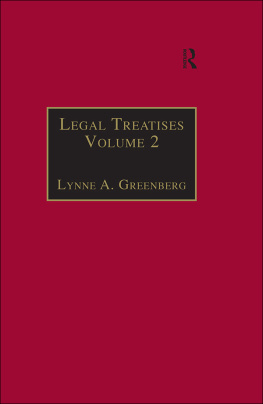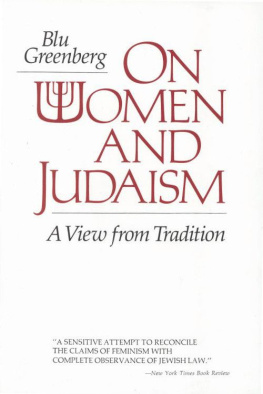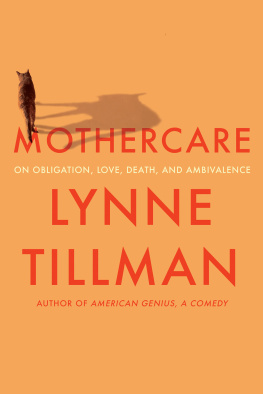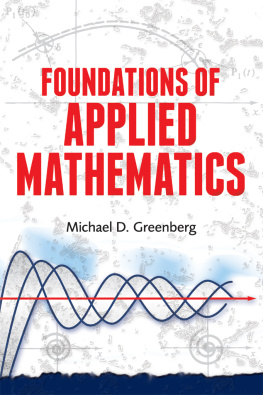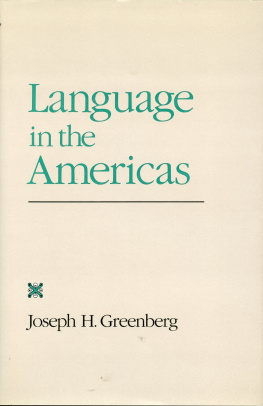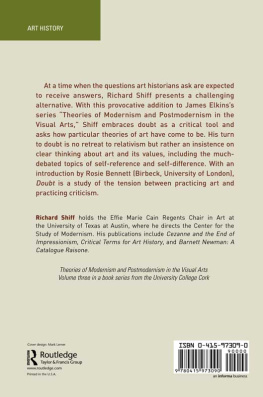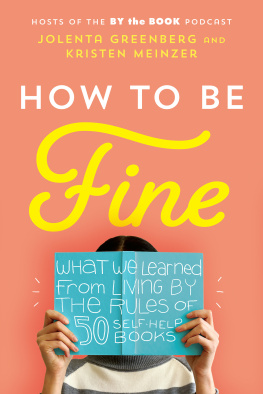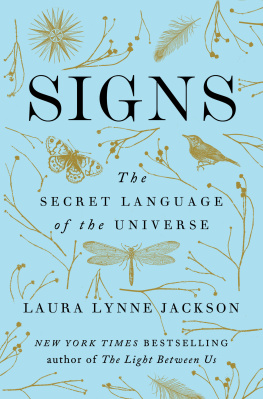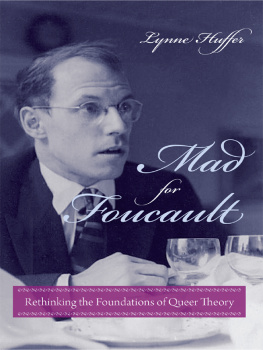The Early Modern Englishwoman:
A Facsimile Library of Essential Works
Series III
Essential Works for the Study of Early Modern
Women: Part 1
Volume 2
Legal Treatises, 2
Advisory Board:
Margaret J.M. Ezell
Texas A & M University
Elaine Hobby
Loughborough University
Suzanne W. Hull
The Huntington Library
Barbara K. Lewalski
Harvard University
Stephen Orgel
Stanford University
Ellen Rosand
Yale University
Mary Beth Rose
University of Illinois, Chicago
Hilda L. Smith
University of Cincinnati
Retha M. Warnicke
Arizona State University
Georgianna Ziegler
The Folger Shakespeare Library
Patrick Cullen: Editor Emeritus
The Early Modern Englishwoman:
A Facsimile Library of Essential Works
Series III
Essential Works for the Study of
Early Modern Women: Part 1
Volume 2
Legal Treatises, 2
Selected and Introduced by
Lynne A. Greenberg
General Editors
Betty S. Travitsky and Anne Lake Prescott
First published 2005 by Ashgate Publishing
Published 2016 by Routledge
2 Park Square, Milton Park, Abingdon, Oxon 0X14 4RN
711 Third Avenue, New York, NY 10017, USA
Routledge is an imprint of the Taylor & Francis Group, an informa business
The Introductory Note copyright Lynne A. Greenberg 2005
All rights reserved. No part of this book may be reprinted or reproduced or utilised in any form or by any electronic, mechanical, or other means, now known or hereafter invented, including photocopying and recording, or in any information storage or retrieval system, without permission in writing from the publishers.
Notice:
Product or corporate names may be trademarks or registered trademarks, and are used only for identification and explanation without intent to infringe.
British Library Cataloguing-in-Publication Data
Legal treatises
Vol. 2 (The early modern Englishwoman : a facsimile library of essential works)
1 .Women Legal status, laws, etc. England Early works to 1800 2.Women Legal status, laws, etc. Wales Early works to 1800
I.Greenberg, Lynne A.
346.4'2'0134
Library of Congress Cataloging-in-Publication Data
The early modern Englishwoman: Essential works for the study of early modern women / general editors, Betty S. Travitsky and Anne Lake Prescott.
See page vi for complete CIP Block
The woodcut reproduced on the title page and on the case is the emblem from of A Collection of Emblemes by George Wither, Book 3 1635. STC 25900c. Reproduced by permission of the Folger Shakespeare Library, Washington, DC.
ISBN 13: 978-0-7546-3017-3 (hbk)
CONTENTS
Volume 1
Preface by the General Editors
Introductory Note
The Lawes Resolutions of Womens Rights; Or, the Lawes Provision for Woemen. A Collection of Such Statutes and Customes, As Doe Properly Concerne Women (1632)
Volume 2
by the General Editors
Volume 3
Preface by the General Editors
Introductory Note
Baron and Feme: A Treatise of Law and Equity, Concerning Husbands and Wives (3rd ed., 1738)
Library of Congress Cataloging-in-Publication Data
Legal treatises : essential works for the study of early modern women / edited by
Lynne A. Greenberg.
p. cm. (The early modern Englishwoman. Essential works, Series 3, Part 1)
Includes bibliographical references.
Contents: v. 1. The lawes resolutions of womens rights, or, The lawes provision for Woemen: a collection of such statues and customes as doe properly concerne women v. 2. A treatise of feme coverts, or, The ladys law : containing all the law and statutes relating to women, under several heads. Hardships of the English laws : in relation to wives / [attributed to] Sara Kirkham Chapone v. 3. Baron and feme : a treatise of law and equity concerning husbands and wives.
ISBN 0-7546-0609-0 (v.1 : hardback) ISBN 0-7546-3017-X (v. 2 : hardback) ISBN 0-7546-3113-3 (v. 3 hardback)
1. Womenlegal status, laws, etc.England. 2. Womens rightsEngland. I. Greenberg, Lynne A. II. Chapone, Sarah Kirkham, 16991764. Hardships of the English Laws. III. Lawes resolutions of womens rights. IV. Treatise of feme coverts, or, The Ladys Law V. Baron and feme. VI. Series
KD734.L44 2003
342.4208'78dc22
2003060979
BY THE GENERAL EDITORS
Until very recently, scholars of the early modern period have assumed that there were no Judith Shakespeares in early modern England. Much of the energy of the current generation of scholars has been devoted to constructing a history of early modern England that takes into account what women actually wrote, what women actually read, and what women actually did. In so doing, contemporary scholars have revised the traditional representation of early modern women as constructed both in their time and in ours. The study of early modern women has thus become one of the most important indeed perhaps the most important means for the rewriting of early modern history.
The Early Modern Englishwoman: A Facsimile Library of Essential Works is one of the developments of this energetic reappraisal of the period. As the names on our advisory board and our list of editors testify, it has been the beneficiary of scholarship in the field, and we hope it will also be an essential part of that scholarships continuing momentum.
The Early Modern Englishwoman is designed to make available a comprehensive and focused collection of writings in English from 1500 to 1750, both by women and for and about them. The three series of Printed Writings (15001640, 16411700, and 17011750) provide a comprehensive if not entirely complete collection of the separately published writings by women. In reprinting these writings we intend to remedy one of the major obstacles to the advancement of feminist criticism of the early modern period, namely the limited availability of the very texts upon which the field is based. The volumes in the facsimile library reproduce carefully chosen copies of these texts, incorporating significant variants (usually in appendices). Each text is preceded by a short introduction providing an overview of the life and work of a writer along with a survey of important scholarship. These works, we strongly believe, deserve a large readership of historians, literary critics, feminist critics, and non-specialist readers.
The Early Modern Englishwoman also includes separate facsimile series of Essential Works for the Study of Early Modern Women and of Manuscript Writings. These facsimile series are complemented by The Early Modern Englishwoman 15001750: Contemporary Editions. Also under our general editorship, this series includes both old-spelling and modernized editions of works by and about women and gender in early modern England.
New York City
2005
Early modern Englishwomen legally stood, in the words of The Lawes Resolutions of Womens Rights, strictly tyed to mens establishments, little or nothing excused by ignorance (2). The texts reprinted here in



